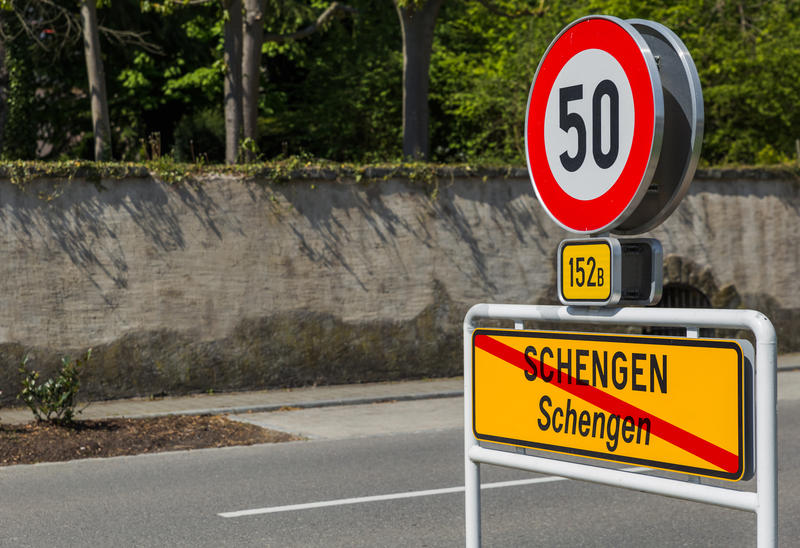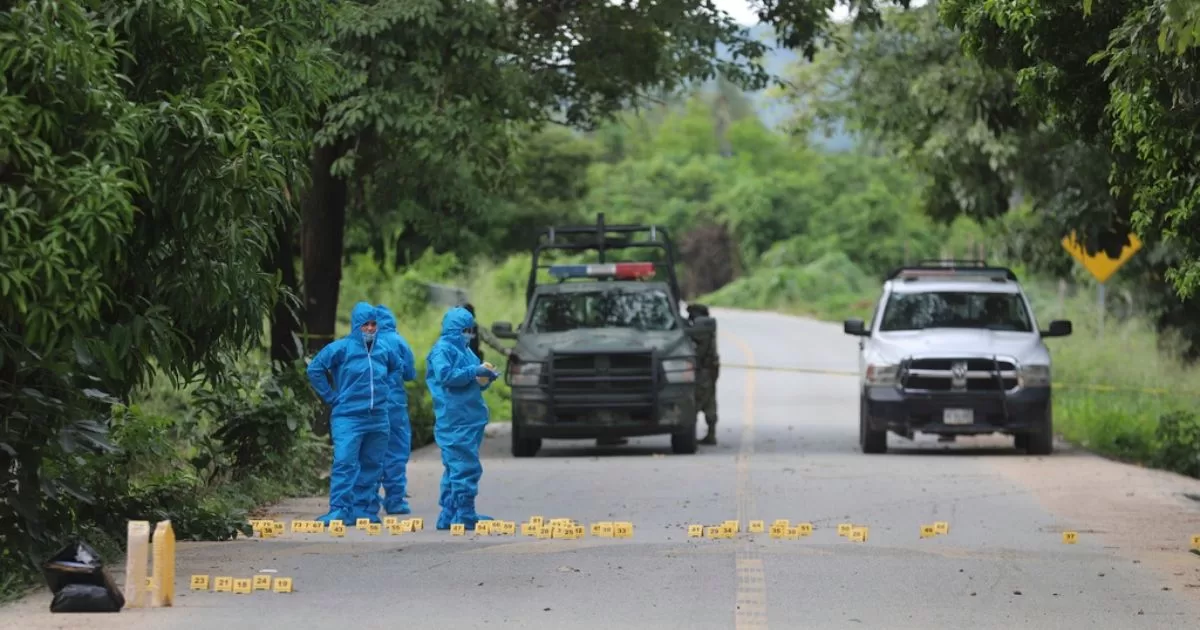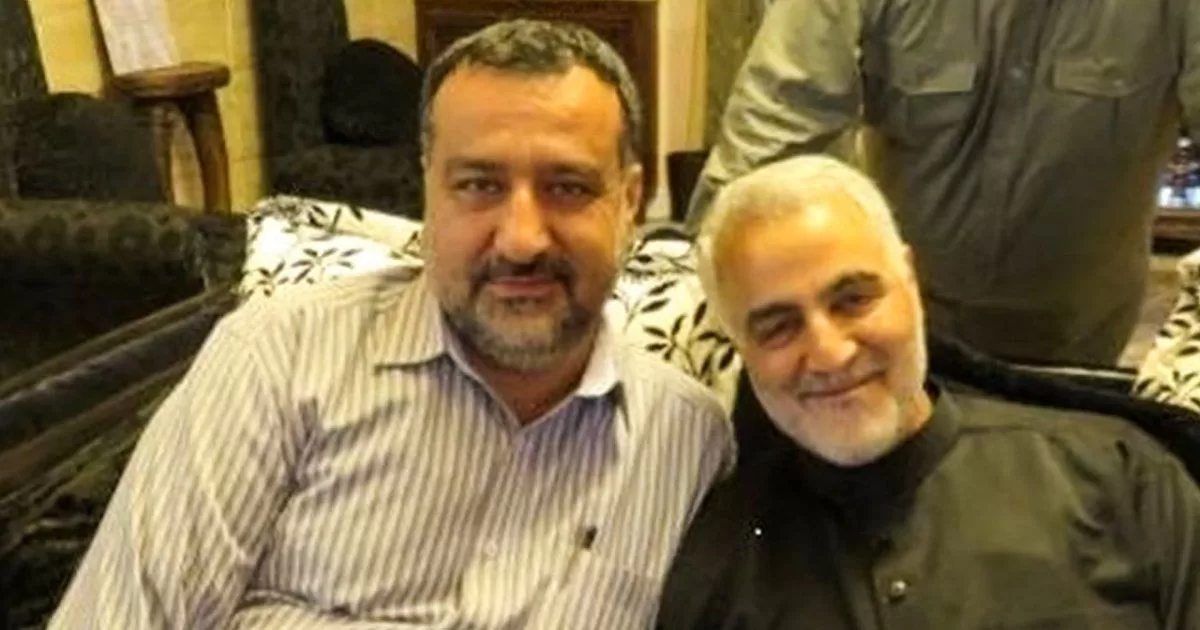Austria is the last one to firmly refuse to give us the key to the Schengen area, although the Netherlands softened in relation to the candidacies of Bulgaria and Romania. Vienna is not at all worried about being the sole guardian of the European space without internal borders, appropriately Sega.bgquoted by Rador Radio Romania.
Schengen areaPhoto: Nikolai Sorokin / Dreamstime.com
Bulgarian President Rumen Radev appealed from New York for Prime Minister Nikolai Denkov to test his strength where he himself failed – at the gates of Vienna.
Denkov did not remain indebted to Radev and announced the very next day that he was preparing for a visit to Austria on October 4, for which he did not wait for an invitation from the president.
Since the head of state has not said a single good word about the government since it was formed, his words of encouragement cannot be interpreted only as an impetus for failure. He already knows that the assault on Vienna is doomed to failure.
He would have better told this to his Romanian counterpart, Klaus Iohannis, whom he missed seeing in New York because Ukrainian President Volodymyr Zelenskiy was nearby.
Offended, Romania headed for a head-on clash with Austria, and Prime Minister Marcel Ciolacu even threatened to go to the European Court, where he will attract the European Council, the European Commission and the European Parliament, along with Romania, as parties to the process. Such behavior will only intensify Vienna’s stubbornness, writes Sega.
To choose the right approach, Austria must be understood
She is tempted by a deep-seated fear that the threat to her comes mainly from the East. His society, living on the historical border between East and West, feels that it is a guardian at the gates of Europe.
Among the many vicissitudes that the country went through to shrink from the center of the Holy Roman Empire to the status of a neutral state today, comparable in size and population to Bulgaria, two historical events stand out with an unbroken influence on current politics – the first and the second siege of Vienna – in 1529 and 1683.
It was there that Suleiman the Magnificent failed in his march to Central Europe and, 150 years later, the grand vizier Kara Mustafa Pasha, whose skull with a silk rope wrapped around the cervical vertebrae is preserved in Vienna.
You don’t have to be a well-read historian or politician to understand the Austrians. It is enough to be an attentive tourist to see, if not all 400, at least a few striking monuments in Vienna, which glorify its heroic resistance against the Ottoman Turks. In the Am Hof square, near the gates of the fire station, hangs a gilded stone cannon from the Turkish artillery that bombarded the city during the second siege. Such cannonballs are embedded as souvenirs and in the walls of some restaurants.
There are also numerous sculptures depicting heroic European soldiers trampling the crescent flag, and a bas-relief depicts the scornful Kara Mustafa leaving his camp on a donkey, riding it upside down, facing its tail.
The street on which the Turkish Embassy is currently located is named Prince Eugen (Eugene of Savoy) to remember who gave the last blow to the Ottoman conquerors in Central Europe. The diplomats’ windows overlook the gardens of the two Belvedere Palaces, built as residences for Prince Eugen with the booty he captured in defeating the Ottomans at Zenta (now Serbia) in 1697 as he pursued them after their retreat.
How Austria could be convinced
The gates of Vienna will not be flung open, but will be closed even more firmly. It is no coincidence that Austria is the staunchest opponent of Turkey’s EU accession, and according to it, accession negotiations with Ankara should be formally ended, even if they are deadlocked anyway. The influx of migrants after 2015 reinforced his conviction that the road from the South-East must be closed.
She sees in it a continuation of the former Islamic offensive in Europe. Austria was the first to criticize former German chancellor Angela Merkel’s open door policy, which has attracted more than a million migrants to cross Austrian territory on their way to Germany.
Before that, they used the Balkan route, which is still the most direct route between Turkey and Europe, as it was in Ottoman times. The soldiers who marched centuries ago from Istanbul to Vienna first passed through the Bulgarian and Wallachian lands, where in 1529 they had to abandon their heavy guns, being stuck in the mud.
We can pass this off as a historic contribution to the defense of Europe, but it is not enough. Austria expects only one guarantee from us – a safe border with Turkey. That is why he raised the issue of European funding for the construction of a more solid wall, which, however, goes against the principle of the European Commission not to finance obstacles at the border.
Someone has to come up with two billion euros and the question is who. Brussels does not give, Vienna does not offer, and Bulgaria does not have them. Romanians would rather pay to build a fence in Dobrogea, still using the Danube as a natural barrier, to continue to claim that there is no migrant breach on their side.
It is cheapest for the Austrians to close, even reintroduce border controls with the Schengen countries (as Italy has threatened these days). The European Commission can repeat endlessly that Bulgaria and Romania met the technical criteria for Schengen since 2011, but the last word will not be hers.
Vienna must believe that our border control is effective, that it is not “pierced” by corruption, just as the border fence is full of holes. Ways should be sought for joint European patrols involving Austrian border guards.
The Bulgarian-Turkish border and corruption
There is a need for more transparency about what is happening along the Bulgarian-Turkish border, because it is not only national but also European.
How strong mistrust generates corruption can be seen from the scandal with Polish consulates that issued hundreds of thousands of work visas to citizens of non-European countries in exchange for bribes.
Because of them, Germany has threatened to resume controls on its border with Poland, despite its membership of the Schengen area. This scandal could ricochet on Bulgaria and Romania, which until last week were under special European surveillance due to high-level corruption.
Everyone in Europe can wonder how much the two candidates for Schengen have corrected themselves, given that a country against which they are suspicious no longer deserves Schengen’s trust.
Austria’s numerous wars with Ottoman Turkey are comparable in number to the Russo-Turkish ones. Interestingly, they ended on Bulgarian soil, with the signing, in 1791, of the Treaty of Svishtov. The house where this happened has been preserved, and a small commemorative plaque has been placed on one of its exterior walls. It is located a few meters from the house of the Bulgarian writer Aleko Konstantinov.
The Russian Emperor Alexander II (the Liberator Tsar) stayed there in 1877, after the landing of Russian troops at Svishtov. The two houses are connected by a narrow street, loaded with historical symbolism – where the Austrians stop, the Russians continue.
Politics, like nature, cannot stand empty spaces either. The “Europe or Russia” competition has not ended on Bulgarian soil, and Vienna must understand that the further east European defense moves, the safer it will feel. (photo: Nikolai Sorokin / Dreamstime.com)
Article by Svetoslav Terziev, SAGA (takeover by Rador Radio Romania)




